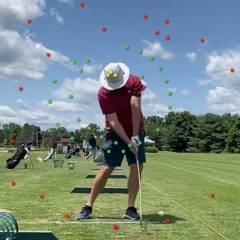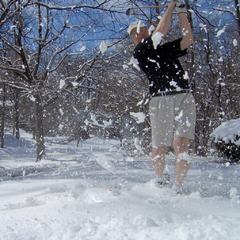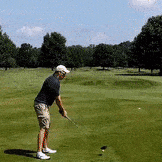IGNORED
Warrantless Searches
Note: This thread is 3434 days old. We appreciate that you found this thread instead of starting a new one, but if you plan to post here please make sure it's still relevant. If not, please start a new topic. Thank you!
-
Topics Being Discussed Right Now on The Sand Trap
-
- 112 replies
- 14,039 views
-
- 19 replies
- 678 views
-
- 8,483 replies
- 384,977 views
-
- 1 reply
- 159 views
-
Srixon Buy Two Dozen Get One Dozen Free Golf Balls.
By ChetlovesMer, in Balls, Carts/Bags, Apparel, Gear, Etc.
- 0 replies
- 107 views
-







Recommended Posts
Create an account or sign in to comment
You need to be a member in order to leave a comment
Create an account
Sign up for a new account in our community. It's easy!
Register a new accountSign in
Already have an account? Sign in here.
Sign In Now